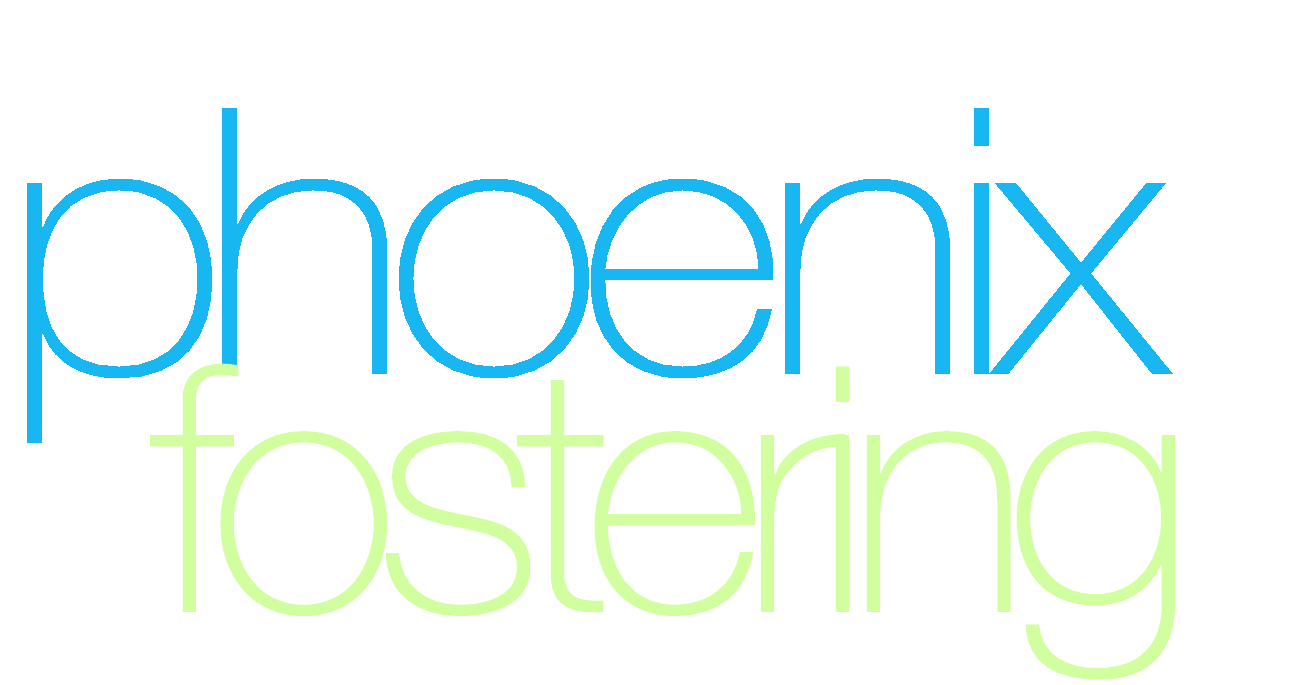
Trauma and attachment informed family placements for children and young people with complex needs


Warlords, Gaylord's and idiots
Language is something we use everyday. Acknowledged or not, it is also an important code of social conduct. It is also something on which we quickly tore up the rule book when we became foster parents.
I’d been a step-mum with live-in step-sons for almost a decade when I started fostering. I was never concerned about what I was called or known as as far as the boys were concerned – if they were happy, then all was fine. Fostering was a little more colourful than that!
I have enjoyed many name changes in my foster journey thus far. First and foremost I learnt I was an idiot who knew nothing and “had nothing on no-one”. The owner of the corner shop was a Gaylord and our child was a Warlord. The whole of society was divided into names, names that turned individuals into collectives and labelled them. Some groups of people, primarily constituting everyday characters such as assassins were “epic”. Anyone looking uninvited in the direction of a child was a “paedo”, there was the larger collective of idiots, and it took several months before I realised those who were “sick” were actually rather marvellous, and not ailing from a fleeting or incurable illness. Being an idiot put me in good company – most, if not all, teachers were idiots. Some of them even qualified as gay idiots, with those held in especially high esteem receiving the triple honour of being gay retarded idiots.
Social networks have broken the barriers of language, dismissing Queen’s English to the temporary anals of history. This was not however trendy teenage language that we were listening to. It was divisive language, designed to protect at one level and visit shock and awe at another. It was a brittle, prejudiced language our child used like a cloak of armour, it was a barrier, it made our child difficult to listen to because the words , which were borne not of malice but pain, were personal and devoid of social nicety. It made others outside our therapeutic circle – primarily at school – wary, anxious and annoyed. Without training and insight it is difficult to see, let alone understand, that reducing others through insults reduces their capacity to harm – a way of “getting in there first”.
We found ourselves living in a world of sharp contrasts. My husband became the safe touchstone, perfect in all ways in the eyes of our child – I wavered somewhere between idiot and devil incarnate – labels fuelled in part by my being Christian and standing on my faith. In the midst of this maelstrom of new language, expression and division I struggled to decide how to make inroad into earning trust and being promoted on the language ladder. You see, as uncomfortable as the labelling of everyone was, marking changes in language was one way we could mark progress.
I suppose this is the point in this blog where I reveal the solution. In reality I am sitting here scratching my head, thinking “So go on then, what changed? What therapeutic solution provided the turning point?” The simple truth is I don’t know. Not panicking was helpful, not telling our child his use of language was shameful was a purposeful tactic, asking for a description of what a “gay fag idiot” looked like helped. This question illicited a “What the hell kind of freaky question is that?” response which ended with us all smiling because of course no description exists and out of the context of anger the insult sounded ridiculous. We felt allowing anxiety to outpour in this way was important, whilst gently pointing out that the people we labelled this way were individuals with lives, jobs, kids, folk who got tired and weary – in short humanising the demonised helped. We also shared our concerns with our agency, and sought their professional input into exploring the use of sexual or homophobic insults – we felt our experience was way outstripped here and we had a pool of knowledge to draw on.
30 months down the line I am just me now, a first name person, someone who gets asked if I love my child enough to purchase 2400 X Box points (quick dash to google to find out what these are and if they are a penny or pound a point before i hear myself agreeing). This emotional coercion is healthy stuff because we trust each other now, and I might even venture as far as to say our child cares for us now too. The labelling has become less and less, and when someone is labelled and castigated we know it is someone new, someone unknown, someone who could judge or who is perceived as having the potential to harm.
I love standing here, this far into our journey, and raise an eyebrow when I think back to the time of warlords, Gaylords and idiots – they were interesting times, ones in which we learnt a lot and learnt it quickly. They were days of high anxiety, but they were part of getting us to where we are today, and for that reason only had some value of their own.
Advice – none too much really, other than to use each curve ball, each difficult situation, each rejection as an opportunity to learn. I am living in the hope of being “sick” …. some way to go and I’ll let you know if I ever get there!